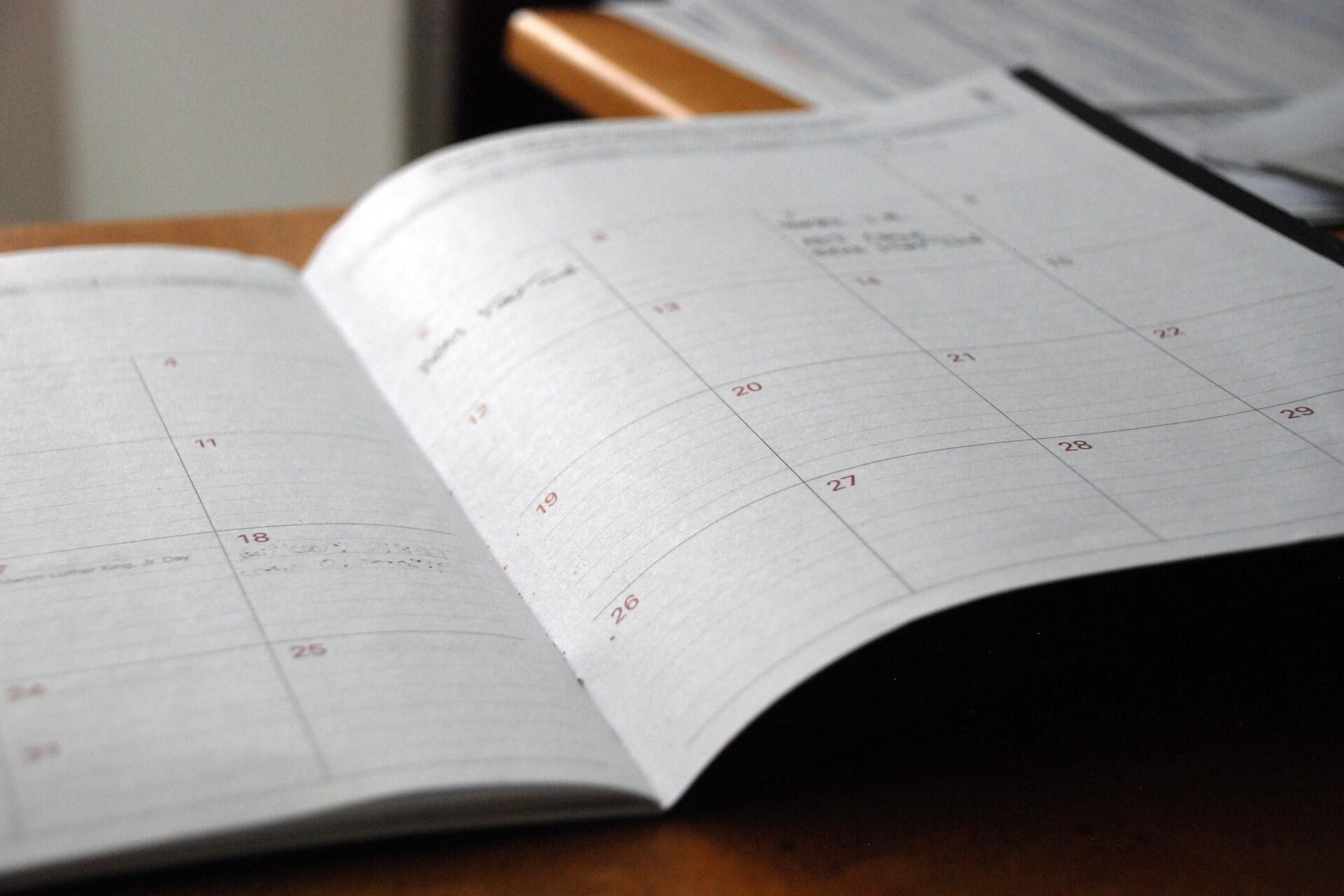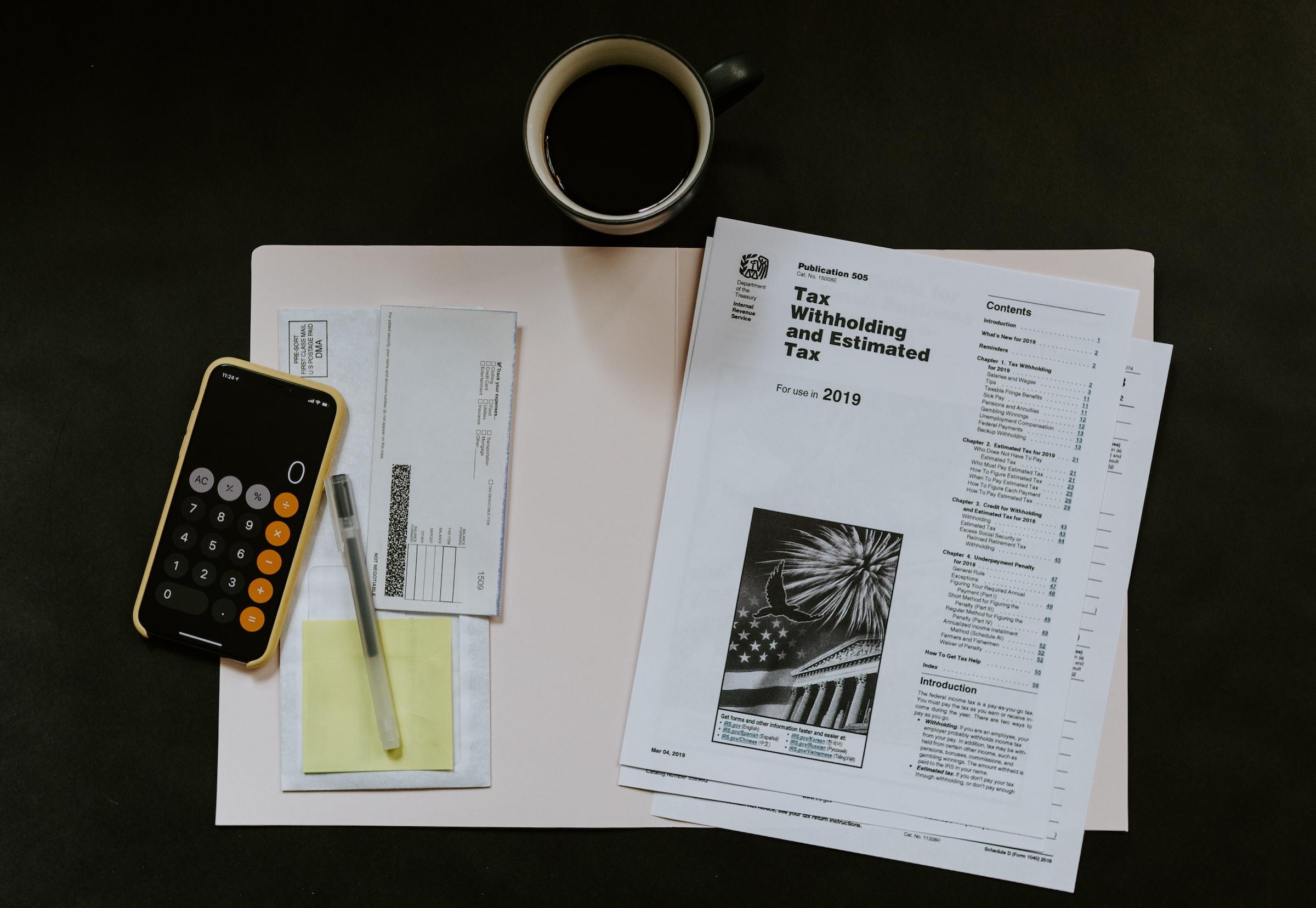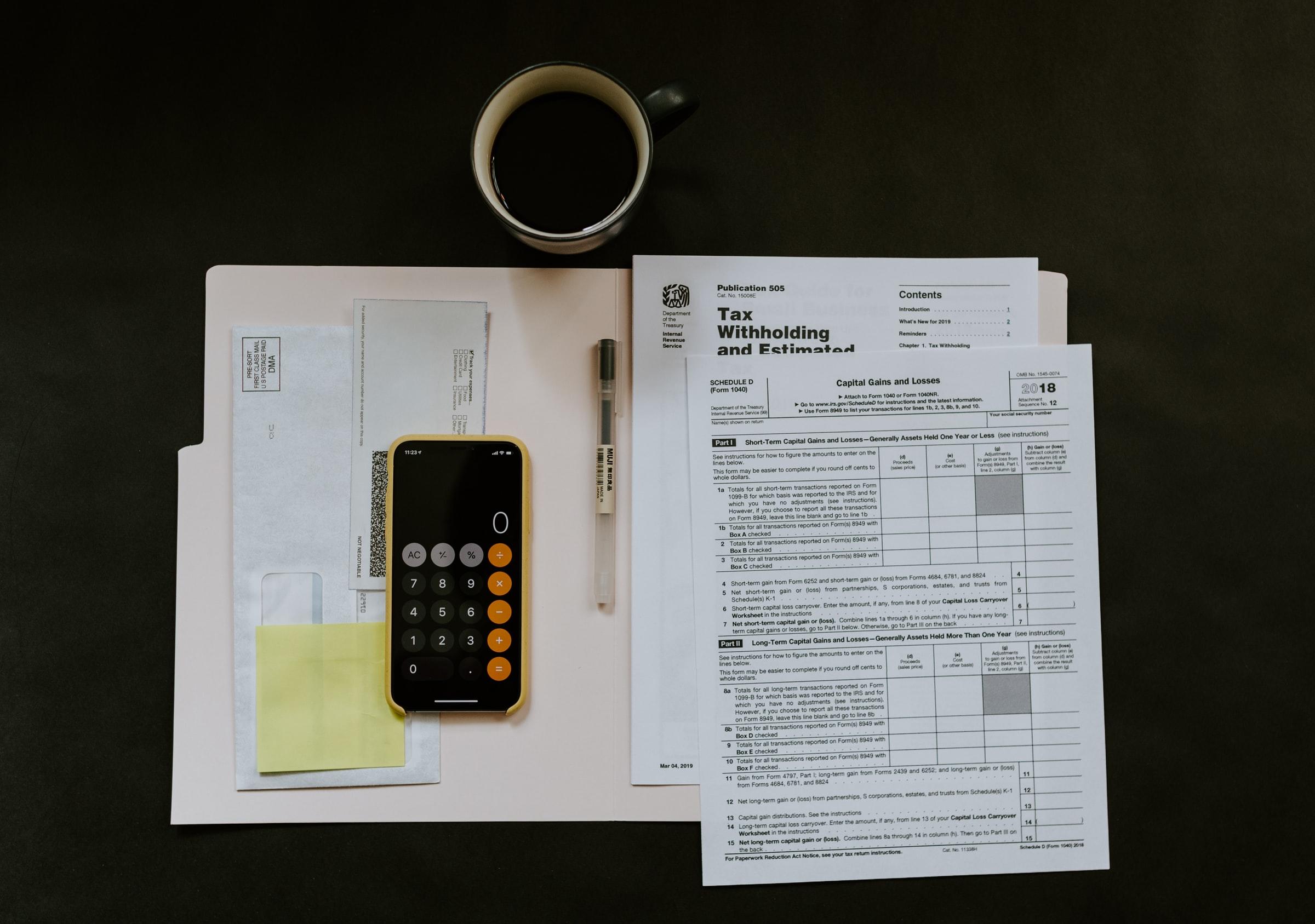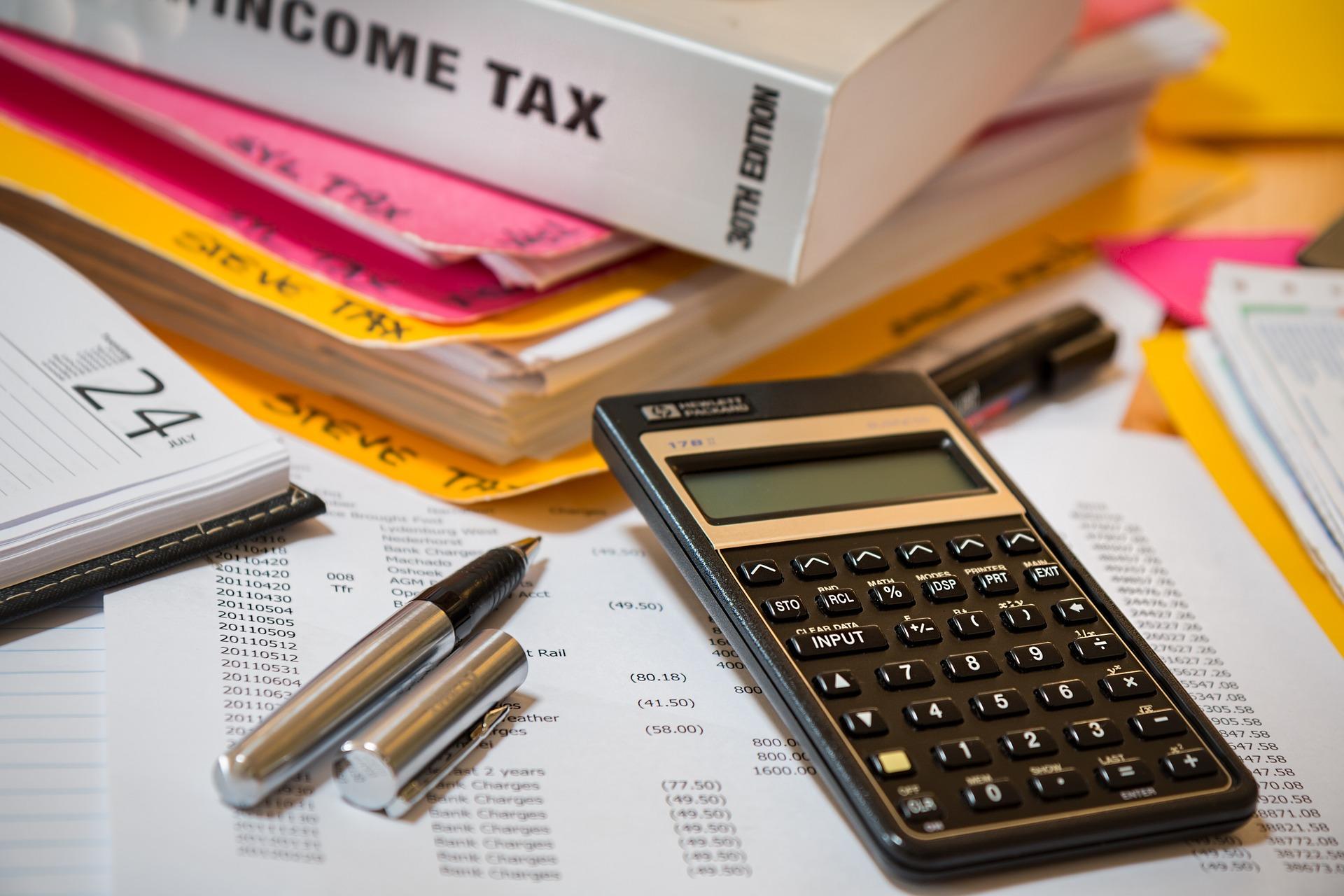Taxes in the UK are used to keep the country running. The money collected is used to fund services like the NHS, schools, roads, and defence. HM Revenue and Customs (HMRC) manages the UK taxation system. You must know how the system works, what taxes there are, how they're collected, and how they'll affect your earnings.
5 Things to Know About the UK Taxation System

What Is the UK Tax System?
The UK operates a progressive tax system, which basically means that how much tax you pay is affected by how much you earn. This means that generally, the more you earn, the more you'll pay and the higher the percentage you'll pay on what you earn. However, there are different taxes, and the idea is that this makes the system fairer and more sustainable. The taxes are used to raise revenue for public spending and redistribute wealth more fairly.

HMRC uses both direct taxes (Income Tax and National Insurance) and indirect taxes (like VAT or duties on goods) to collect funds. Every year, the Chancellor of the Exchequer will announce rate changes or new reliefs for the following tax year during the UK budget. This usually takes place in March, but not always.
Who Manages Tax in the UK? (HMRC Explained)
HMRC is the government department that collects taxes, enforces compliance, and administers tax reliefs. HMRC replaced the Inland Revenue and Customs & Excise in 2005, making the two a single authority that you pay your tax to. Generally, people will experience HMRC through their employer's PAYE (Pay As You Earn) system or through Self Assessment if they're self-employed. Its primary duties include:

The Main Types of Taxes in the UK
While there are many taxes in the UK, most people won't experience them all. However, there are a few that most people do experience, with the others only occurring in special and specific cases.
| Tax Type | Who Pays It | Collected By | Typical Rate | What It Funds |
|---|---|---|---|---|
| Income Tax | Employees, pensioners, self-employed | HMRC | 20–45% | NHS, schools, defence |
| National Insurance | Workers and employers | HMRC | 8–13.8% | State benefits, pensions |
| VAT | Consumers (via businesses) | HMRC | 20% | General government spending |
| Council Tax | Property occupants | Local councils | Variable | Local services |
| Corporation Tax | Businesses | HMRC | 25% | Infrastructure, investment |
| Capital Gains Tax | Investors, landlords | HMRC | 10–20% | General revenue |
Who Pays Tax and Why
Everyone who earns income or owns property in the UK will pay some form of tax, though you can legally reduce how much you pay with deductions. Since taxes fund several essential services, the country needs to collect them. In 2024, tax revenue was 80% of the UK government's income. Those who pay taxes include:

What Are Taxes Used For?
While it's rarely fun to see the taxes taken from your wage slip, they are used to fund several aspects of daily life in the UK. Even indirect taxes like VAT and fuel duty contribute to keeping large parts of the country running. Here's what they mostly fund:

The UK Tax Year: Key Dates and Deadlines
Make sure you know the key dates of the UK tax year. Missing deadlines can result in penalties or interest, so setting reminders is essential. The year itself runs from 6 April to 5 April. The key dates for 2025/26 are as follows:
6 April 2025
Start of the new UK tax year
Tax allowances and rates reset.
30 September 2025
Deadline for notifying HMRC of untaxed income (like rent or self-employment).
31 October 2025
Paper Self Assessment submission deadline.
31 January 2026
Online filing and tax payment due
Includes income, National Insurance, and Capital Gains.
31 July 2026
Second Payment on Account for self-employed individuals.

Tax Residency and Non-Residents
UK residents are obliged to pay tax in the UK. However, some non-residents will also pay tax on UK income, like rental profits or UK employment. That said, there are also double-taxation agreements with many countries, so that you won't be charged tax twice. You're a UK tax resident if you:
- Spend 183 days or more in the UK during the tax year, or
- Have your main home or family ties in the UK?
The UK tax system uses a residency and domicile basis. If you’re domiciled in the United Kingdom, your worldwide income may be taxed.
Non-domiciled individuals can sometimes use the remittance basis, where only income brought into the UK is taxable. Always check HMRC guidance to see which applies to your status before filing.
Key Definitions You Should Know
If the tax system is all Greek to you, familiarise yourself with the key terms. If you have any doubts, speak to a professional about your taxation. After all, there are penalties if you get it wrong or pay late.
Tips for Understanding UK Taxation
The UK tax system feels complicated at first. However, by understanding the basics like your tax code, personal allowance, and the important dates, you'll appreciate it. Here's what we recommend.
References
- GOV.UK Income Tax: Introduction https://www.gov.uk/income-tax
- GOV.UK National Insurance: introduction https://www.gov.uk/national-insurance
- GOV.UK VAT rates https://www.gov.uk/vat-rates
- GOV.UK Check your Council Tax band https://www.gov.uk/council-tax-bands
- GOV.UK Corporation Tax https://www.gov.uk/corporation-tax
- GOV.UK Capital Gains Tax: what you pay it on, rates and allowances https://www.gov.uk/capital-gains-tax
- GOV.UK How Inheritance Tax works: thresholds, rules and allowances https://www.gov.uk/inheritance-tax
- HMRC: Official Website https://www.gov.uk/government/organisations/hm-revenue-customs
- GOV.UK Rates and thresholds for employers 2025 to 2026 https://www.gov.uk/guidance/rates-and-thresholds-for-employers-2025-to-2026
Summarise with AI:
























